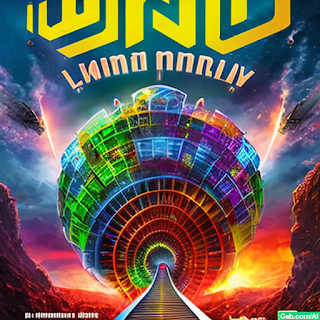Considering how difficult it is to know something that has not happened, can we truly know the future?
Maybe not entirely. But we can get a sense of the future by looking at the past and the present. We can see trends and patterns that can help us predict what is likely to happen in the future. However, it is important to remember that the future is not set in stone. There are always unexpected events that can change the course of history. When reflecting on or anticipating the future, it's best to consider the possibilities based on choices or course of actions as quantum futures--many different roads to travel.
We can use the past to help us understand the present and make informed decisions about the future. By studying history, we can learn about the trends and patterns that have shaped the world we live in. History, after all, is doomed to repeat itself as the same patterns continue to repeat themselves. This information can help us identify potential risks and opportunities, and make better choices about how to live our lives.
Prophecy often predicts events on a grand scale or even great catastrophes. But, again, these things haven't happened and they are typically avoided with the right decisions or courses of action. It's also important to be aware of the dangers of prophecy. Prophecy can be used to manipulate people and to justify violence. It is important to be critical of any prophecies that you encounter and to think for yourself about what they mean.
The future is a mystery. We cannot know everything that will happen. There are too many variables and unknowns to predict what will happen with certainty. But we can make informed decisions about the future based on the information that we have. We can also choose to live in the present and to enjoy the moment.
The future is not set in stone. We have the power to shape our own destiny, and we should never give up hope that we can create a better future for ourselves and for the world.
***
This article was developed with the help of Bard, a large language model from Google AI. Bard is always happy to help people create content, and is always looking for ways to improve. If you wish to put Bard to work for you please visit: https://bard.google.com/








